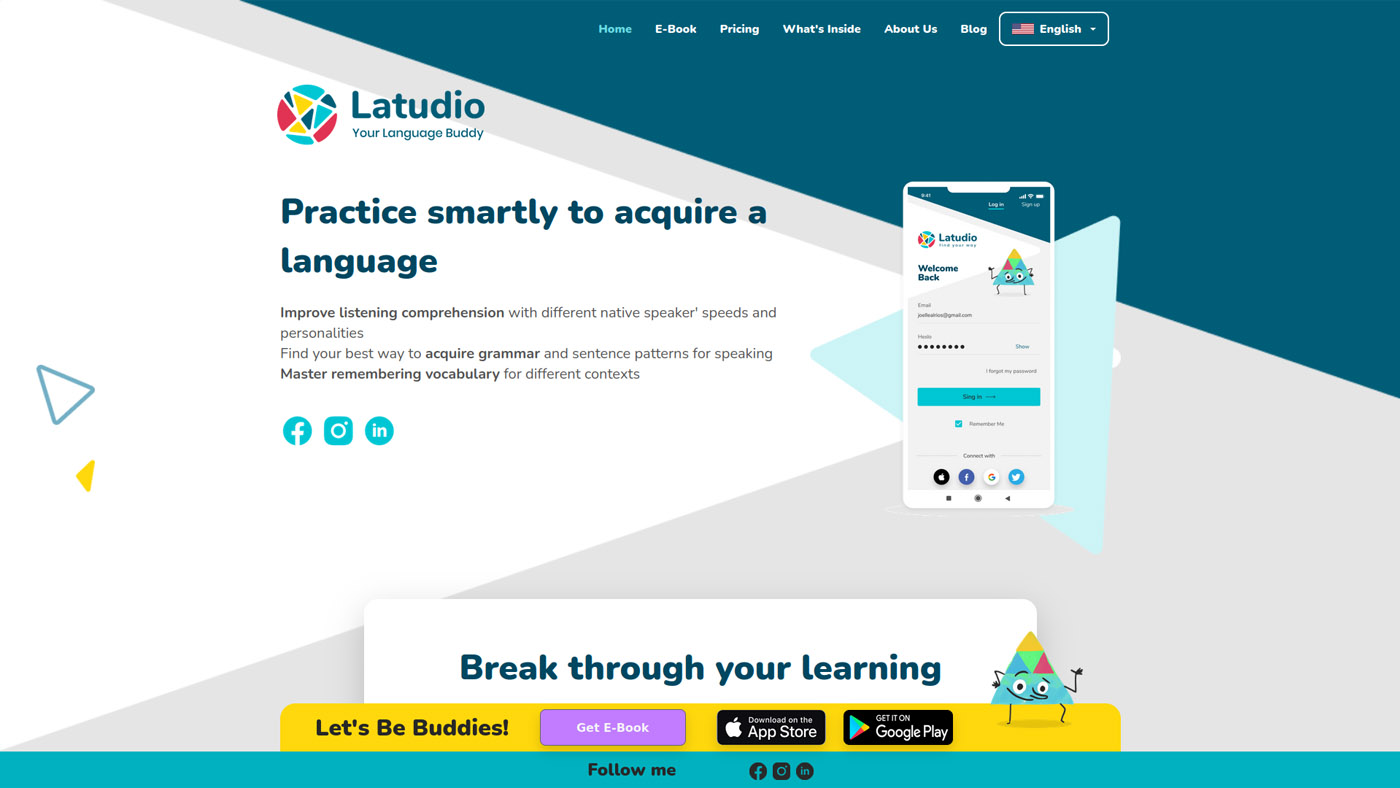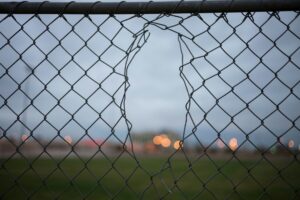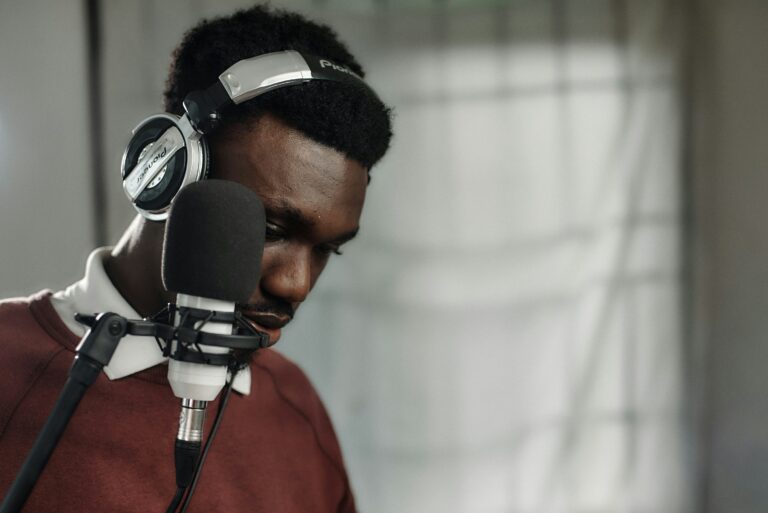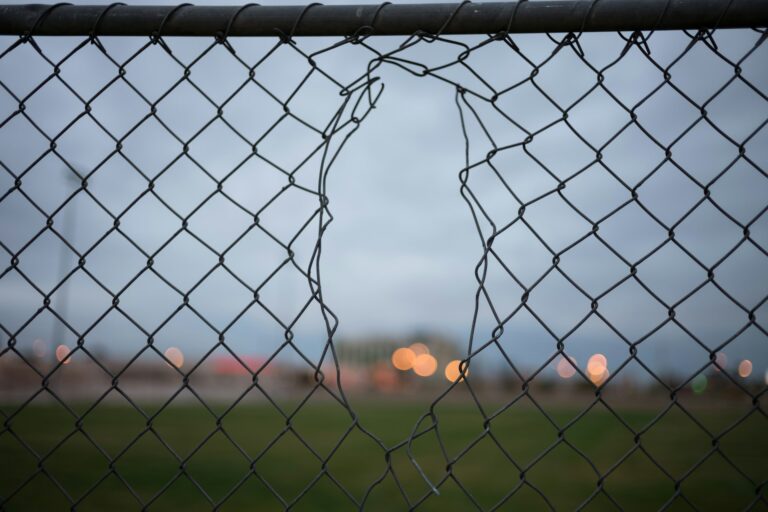As of June 2022, over 750,000 Ukrainians have fled to Germany since Russia invaded Ukraine in February 2022. Over 700,000 Haitians and 1.2 million Dominicans have fled to the US due to oppressive conditions, political unrest, economic strains, and national disasters. There are over 6.6 million Syrian refugees in Europe due to the Syrian war. In 2021, 1.6 million Mexican migrants crossed to the US due to growing violence and a worsening economy.
International and national government agencies are working to provide assistance, accommodation and medical care, but it’s not enough. Kusala Institute sees another story that is not so visible: it’s about language.
Refugees and migrants must overcome language barriers to get jobs and make meaningful connections in their new home. Stories abound of working professionals in their home countries who are unable to find fulfilling employment in their host country because they lack the language skills to do so.
More than half of Latin American and Caribbean migrants in the US – 66% of Mexicans and 63% of Dominicans and Haitians – lack the level of English proficiency needed to get a stable, well-paying job. Most of the 834,000 Syrian refugees in Germany were less familiar with German upon arrival, even though many are familiar with English.
While governments and nonprofits support entry level language needs, Kusala Institute partners with Latudio to offer language support technology beyond the classroom. Latudio gives refugees and migrants the tools to make sustained improvements in their language skills with the aim of enabling employment and social integration.
Latudio’s unique learning approach, which goes beyond just grammar rules and vocabulary forms, has been praised by students. Danylo, a Ukrainian student learning German, says, “It’s difficult to understand people in real life because I have to recognize words in all their forms. And to say something, I have to translate words from my mother tongue to the new language, and apply the grammar. This takes too much time, and it is not the best way to study a language. What I like about Latudio is that it exposes you to many different native voices so that you can learn more naturally.”
Understanding a language requires more than just immersion – it requires “smart immersion.” Latudio users are able to click on unknown words in the app to reveal the meaning in their native language, and can revisit those words in other forms or contexts for further review. This mimics traditional immersion, but goes a step further by giving learners exposure to as much content as they want in a session.
Having a robust community of friends and family from one’s home country is critical to refugees’ well-being and safety. But living in this bubble can be a barrier to language learning. Latudio helps refugees overcome that barrier by transforming personal relationships into learning relationships through features that allow users to share words and sentences with anyone they want to practice with.
Latudio also helps bridge the gap between using an app for learning and having real conversations. Even though Danylo sometimes talks to his neighbor and speaks German with Austrian authorities, he doesn’t really have any native speakers to practice with: “I would like to have more Austrian friends so I can get the Austrian dialect and slang.” Latudio allows users to participate in scripted conversations, which lets them practice dialects, slang, idioms, and other facets of language that they wouldn’t normally learn in a language class, but that are critical to achieving real fluency.
Kusala Institute’s mission is the innovative use of technology to help refugees and migrants make meaningful, lasting connections in their new home. We do this by making language-learning more accessible, approachable, and social – so that refugees and migrants can be immersed wherever they are. That’s real integration.
Every migrant or refugee who struggles to communicate in their new home is a testament to the Kusala Institute mission. Every donation, no matter how small, pushes us one step closer to creating a world where language is a bridge, not a barrier. For larger contributions and partnerships for a transformative impact, please contact us, or apply to be a virtual volunteer.







